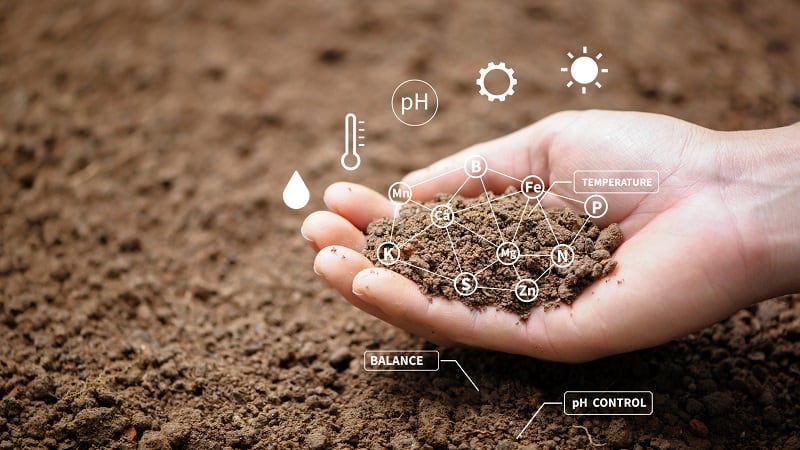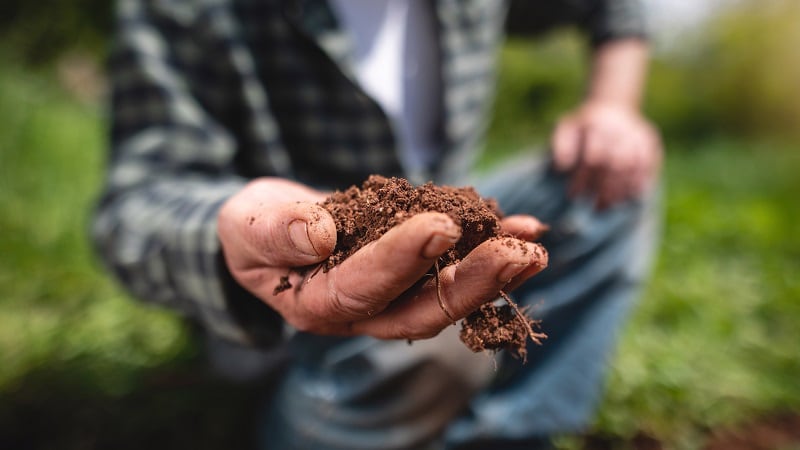Despite the innovations and interest, the adoption of how to accelerate the adoption of biological remain the most stubborn conundrum.
The topic of adoption was highlighted across panels at the inaugural Asia Biologicals Summit held on November 3 in Singapore.
Professor Veera Sekaran, office of the president and director of the Regenerative Agritech Centre, Department of Biological Sciences, Faculty of Science, of the National University of Singapore (NUS), noted the familiar challenges in ASEAN.
This included farmers’ cautious approach toward biologicals, citing a lack of local testing, uncertain results, unverified claims, and labour-intensive application.
Diverse crops, changing climates, limited infrastructure, and the need for clear scientific guidance further complicate adoption, while the smallholder farms make market penetration slow and complex.
Sekaran highlighted that politics also plays a role, with the synthetic fertiliser market heavily influencing agricultural policy.
“The synthetic fertiliser market is a very, very controversial topic. Synthetic fertiliser market controls politics in Asia, like it controls politics in many parts of the agricultural world.”
He stressed the need to disrupt entrenched systems but acknowledge the difficulty even in talking about it.
“How do you break that cycle? How do you get politicians to come on board and to say, let’s benefit the farmers? It’s a reality that we need to acknowledge. It’s a reality that it’s very difficult to talk about, because very controversial,” said Sekaran.
Transforming waste to bypass regulation
Hataikan Kamolsirisakul, head of strategy sustainability and new business group, Thai Wah, said that navigating government policies have been a challenge for the company.
“Agrochemical is a very political business. Any government that comes in will prioritise that. We’ve seen that again and again, no matter the government.”
Thai Wah has previously tried to upcycle its waste as soil enriching input, but regulatory hurdles made it as good as impossible.
To bypass the regulations, the company conducted research and development to develop biological solutions with a cocktail of eight microbes.
The company currently processes around 500,000 tonnes of slush annually from its four to five factories in Thailand and sells the solution to farmers at a “very low cost,” said Kamolsirisakul.
Increasing the use of biologicals have become a necessity for the company as it has experienced first-hand the damaging effects of climate change.
According to Kamolsirisakul, the company has seen continuous yield decreases over the whole supply chain in the last three years.
“We experienced a severe drought in 2023 that caused a 30 per cent drop in crop yields across the supply chain, and the decline has continued. This year we have La Niña, which is actually very good for the crops, but supply still fell due to price pressures. Next year, we expect another 15 to 20 per cent decrease in yields across Thailand, Vietnam, and Cambodia. What’s keeping me up at night now is the ongoing supply shortage and rising crop prices.”
Shifting regulatory trends
Peter Wren-Hilton, Founder and CEO, Wharf42, was optimistic about how the regulatory landscape is changing, highlighting pressure from consumers as well as the European Union’s (EU) Green Deal.
“If you look at the Green Deal, a large number of current pesticides will be basically banned [in 2030]. And so companies themselves are beginning to invest heavily into biological research and also biological mergers and acquisitions. I think we’re seeing a changing market, and I think those big companies are very aware of just how, how the world of regulation is changing.”
Wren-Hilton added: “Regulators bark, retailers bite. When Walmart and Costco say they will no longer stock your produce if you’re using certain pesticides, that changes grower behaviour.”
For Thai Wah, Kamolsirisakul said farmers were the driving force of demand for biological solutions.
With that demand, it has been motivated to scale up its use of its biological solutions.
“With 100 factories… that could basically cover one million hectares of tapioca across all of Thailand in terms of soil improvement. With another 60 factories in Vietnam, and then a couple more in Cambodia… If we all use biologicals – the waste that is basically found in our backyard – to improve the soil over the next five years, we should be in good shape.”
Sekaran hopes Singapore can play a pivotal role in agriculture as it takes on the ASEAN chairmanship in 2027, given its role as the regional hub.
“I would like to see an initiative that we can announce in 2027 that shows some credible structure and framework for us to go into the markets of ASEAN and to benefit whoever, whichever country, which will come on board. How do you convince the Ministry of Agriculture and the politicians there… to come on board with us to take this forward?"





